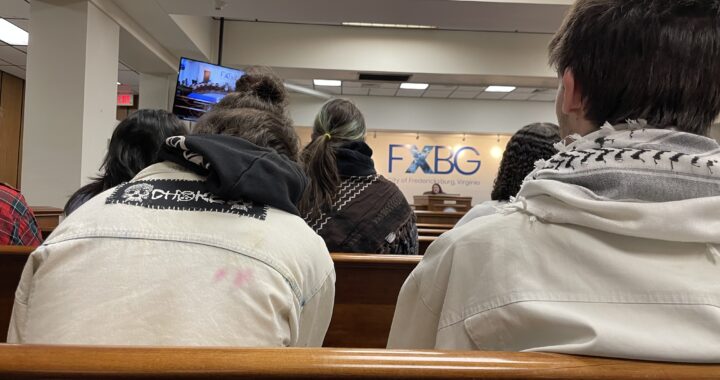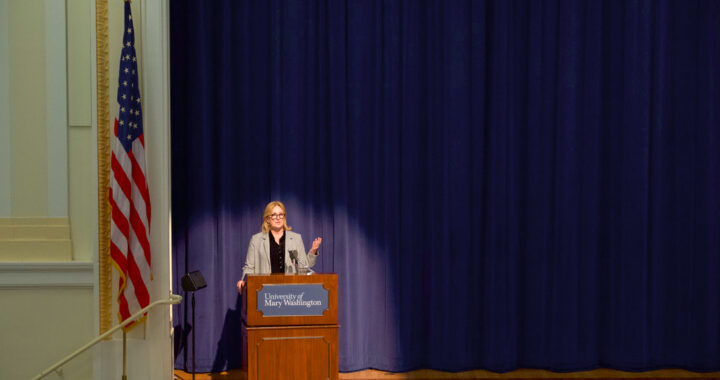That's What She Said
3 min readBy Brittany DeVries
African praise songs derive from a tradition where one celebrates the life, actions, inspirations, and work of another man or woman.
Elizabeth Alexander, an African American author and poet, made a very bold attempt to praise our nation’s new leader on Tuesday.
Her difficult attempt to rise to the occasion tumbled into a lengthy list of poor metaphors and loosely meshed lines that made cracks through which her potentially great ideas fell.
She saw hope and inspiration, could see in her farmer’s “changing sky” a shift into an American history not before seen. Yet her poem’s word choice, poetic devices, and simplistic style only sabotaged a strength we had all hoped would appear as reinforcement of the great day and great man for which the piece was recited Tuesday morning.
One example is where Alexander overwrites an otherwise strong idea:
“Someone is trying to make music somewhere with a pair of wooden spoons on an oil drum with cello, boom box, harmonica, voice.”
The list of instruments, the overstated “human voice” as instrument, weakens her image of a person making music, making something from no devices. Simplicity is an art form that Alexander reaches on an elementary level, combining poor abstraction with hasty nouns like “boom box” and “spoons” that distract her audience and make her lines juvenile.
She rambles back into abstraction: talks about words and uses too many adjectives to describe her tangential digression.
Commas are not an excuse to continue a strand of bad thought, but to emphasize those that are strong.
Then, when she finds herself up to her knees in wordy muck, Alexander returns to her lists.
Her unoriginal metaphor of progress by means of “dirt roads” and “highways” is dull and unmoving, as she fails to attain poetic authority from a crowd that wants more than anything to be moved.
However, the ‘roads as progress,’ though cliché, were authentic when juxtaposed to her finale on ‘love.’
“What if the mightiest word is love, love beyond marital, filial, national. Love that casts a widening pool of light. Love with no need to preempt grievance. In today’s sharp sparkle […]”
Paired with glittery and sparkly adjectives, or a “pool of light,” Alexander pulls us out of the muck with a force that landed us too high into the clouds.
She read to America clouds of fluffy, poetic junk.
It is not to say that she is a bad writer, or that her other works stoop as low. Simply, there are so many other artists more deserving of those few minutes at the podium.
This country has thousands of poignant writers, innovative artists, people who have harnessed and made malleable their art craft to serve a great purpose.
And, most often, these works go unannounced and unseen by anybody else.
Yet whom do we celebrate? Whom do we put in the limelight to represent such a grand community in our nation?
Needless to say, Obama’s speech rang rich with the lyricism that Alexander’s praise song lacked.











